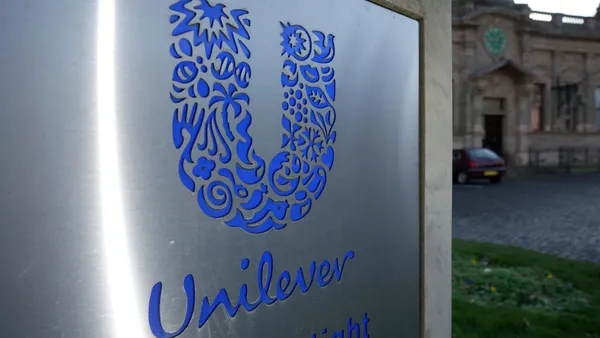Dive summary:
- Sambreel, the notorious ad fraud perpetrator that victimized Facebook and The New York Times last year, is back and targeting YouTube.
- The company is going after users under several other names in efforts to dupe YouTube users into installing plug-ins, which deliver ads on YouTube without the site's knowledge or permission.
- Spider.io, a British research firm, identified 3.5 million installations of Sambreel's adware; the firm says at some point Sambreel was driving as much as 15% of ad exchange through their false shell companies.
From the article:
"Here’s how it works: Users who want to download YouTube videos to their desktops conduct searches such as “Download YouTube videos." Technically, this is against YouTube's terms of service; but if consumers chose to go forward with these searches are likely to encounter a pair of downloadable plug ins from Sambreel: Easy YouTube Video Downloader plugin and Best Video Downloader.
Once users download these plugins, upon their next visit to YouTube, Sambreel starts serving its own ads on YouTube.com—without YouTube’s knowledge (Click here to see a bunch of examples). Some of these ads take the form of ‘extra’ display ads shoved onto the YouTube homepage—sometimes right on top of YouTube’s own paying advertisers’ ads. Some of the ads are designed to look like legitimate prompts urging users to update their software."












